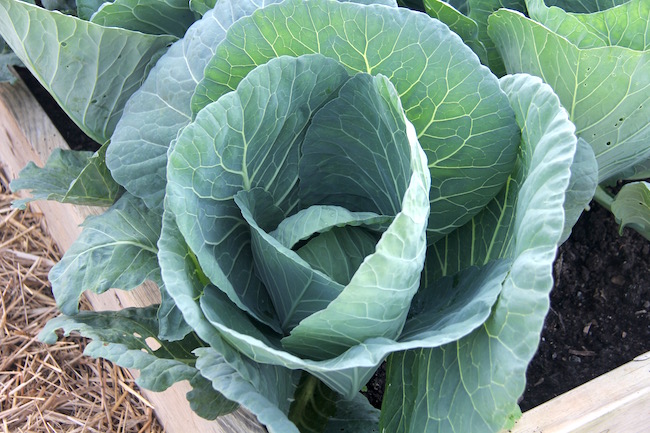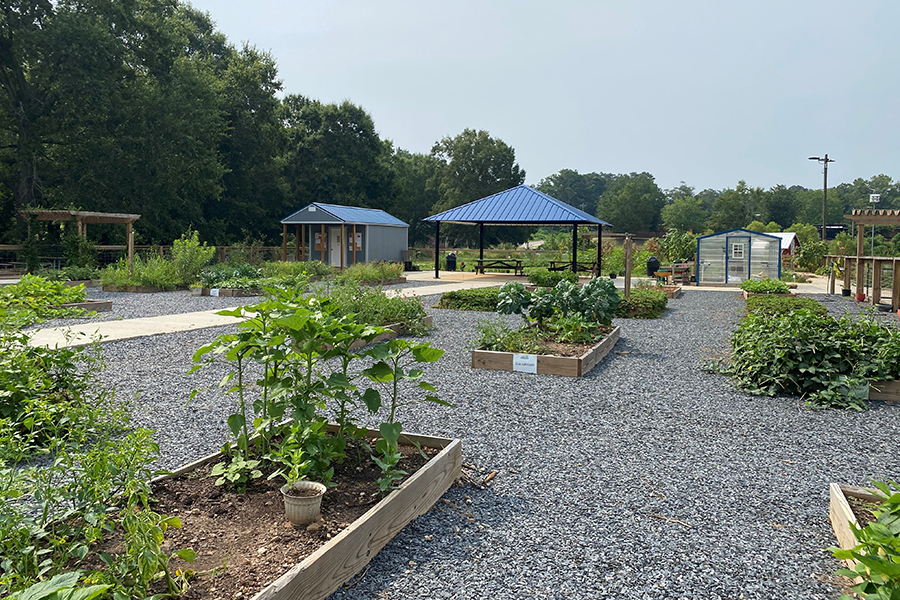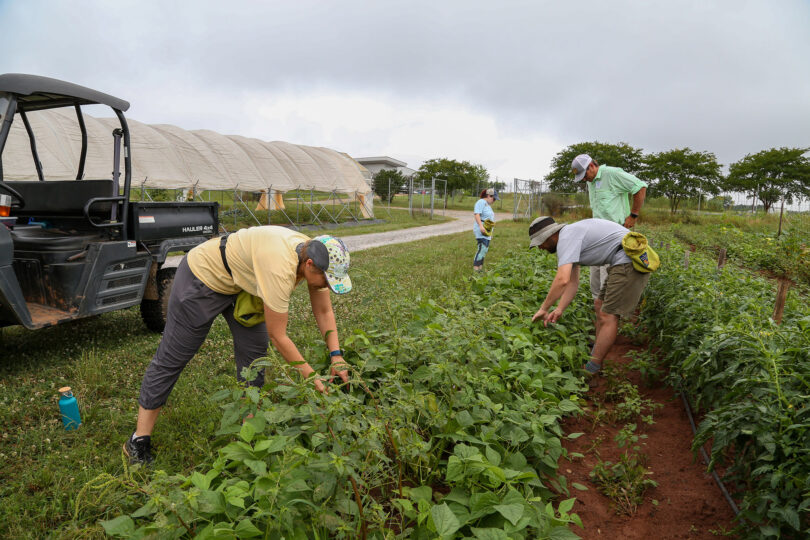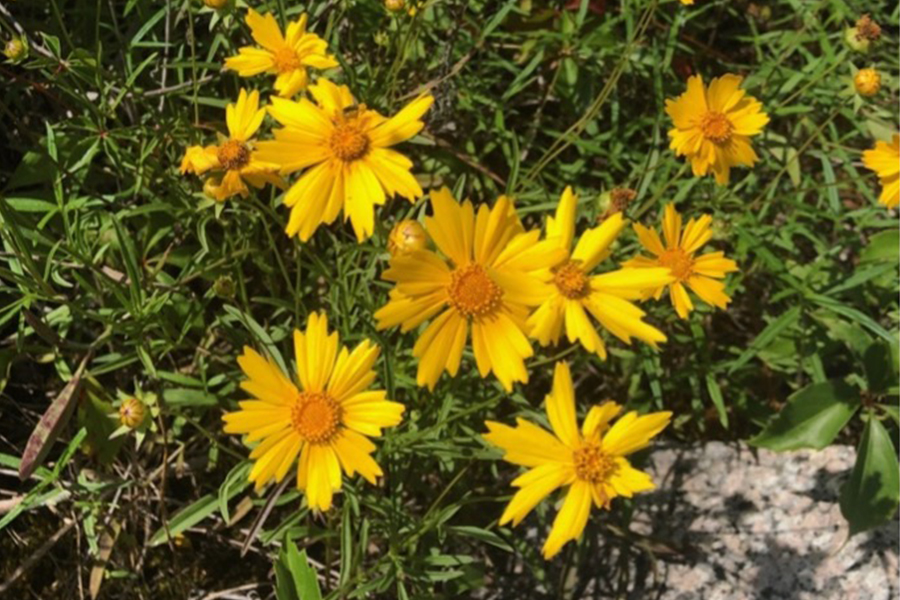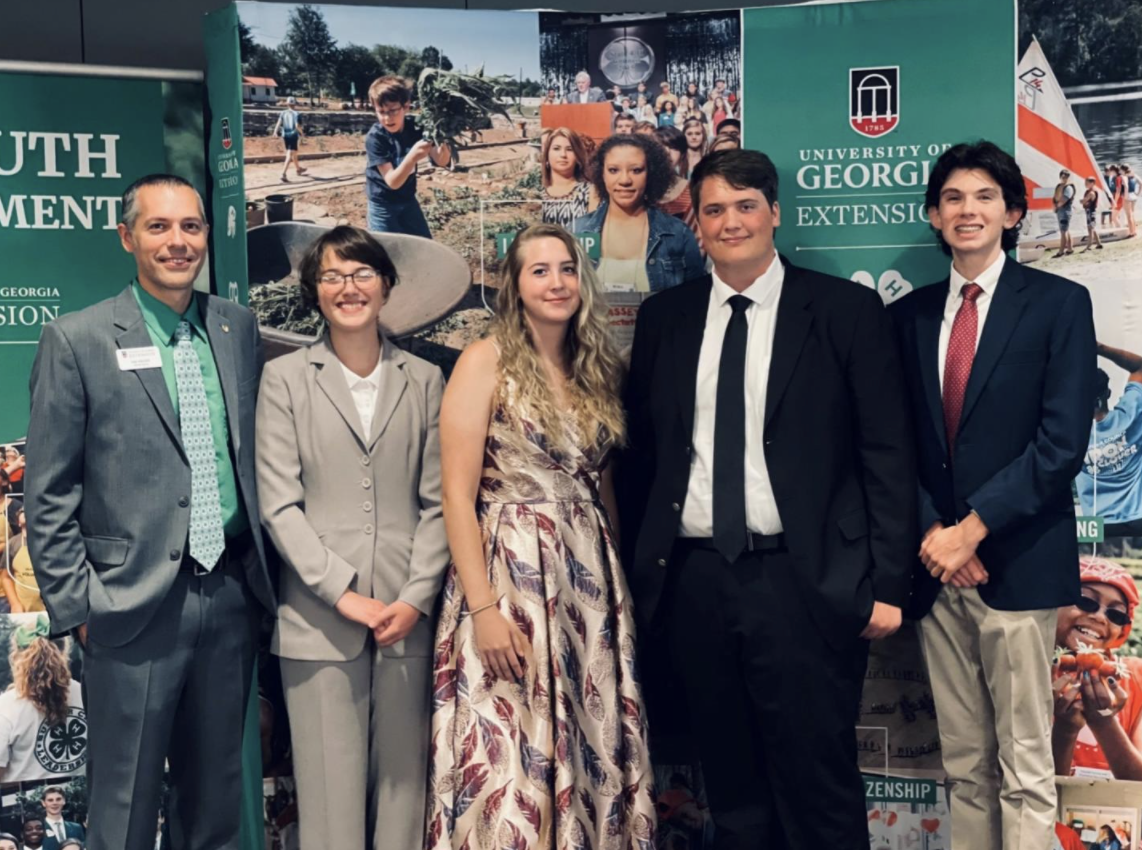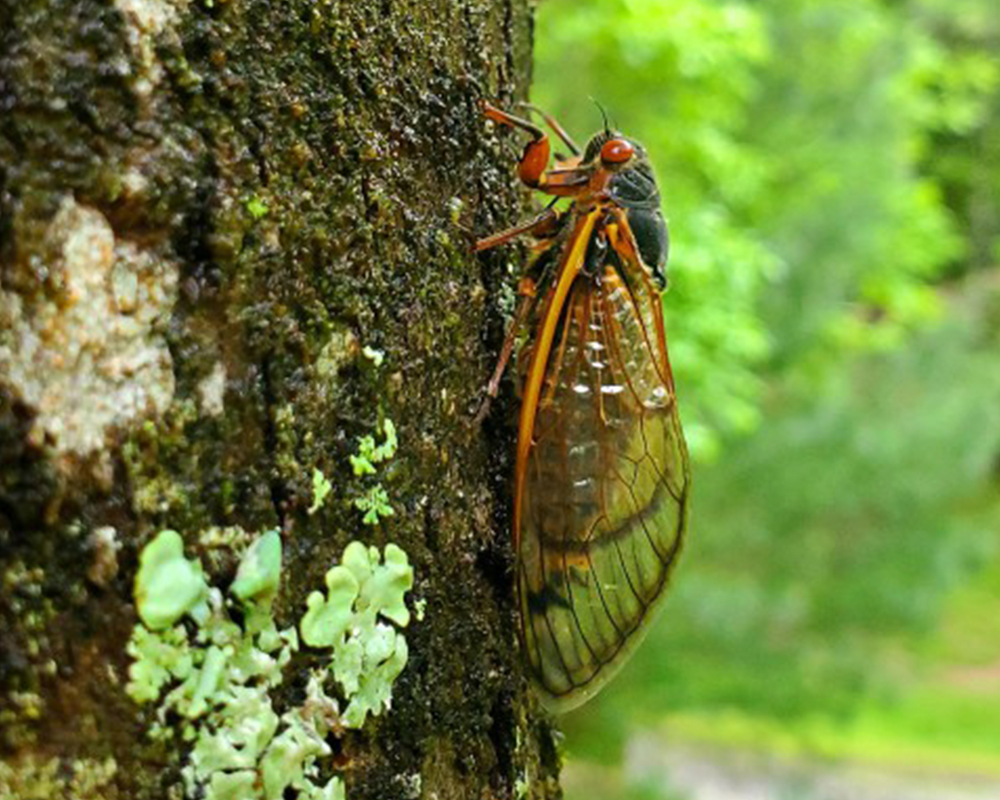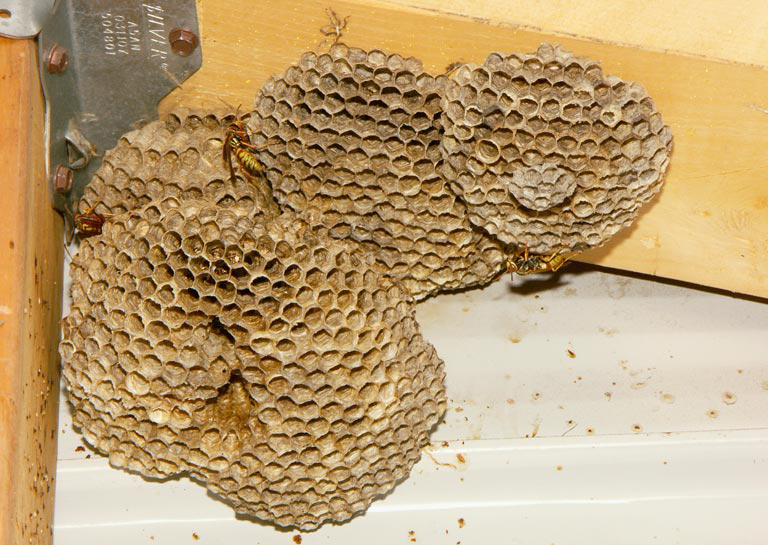 CAES News
CAES News
Bug Lighting
Late summer is a good time to observe many types of insects buzzing around homes and gardens. As we approach fall, the local populations of many types of insects begin to reach their peak.

.jpeg)
.jpg)
